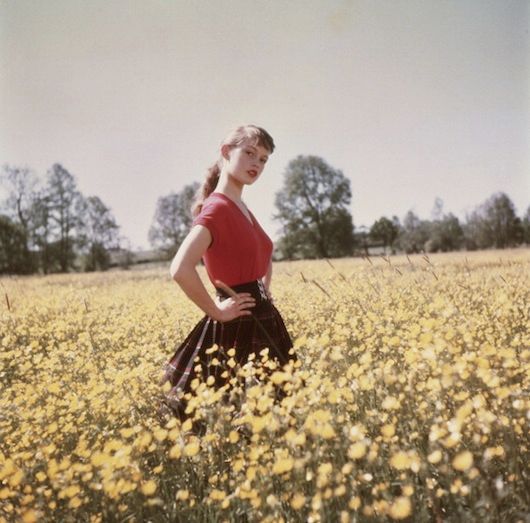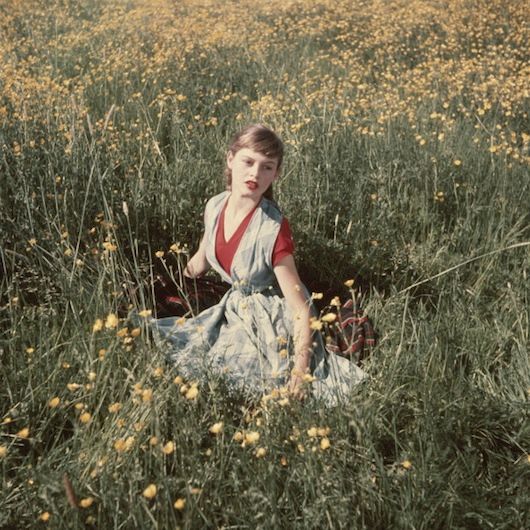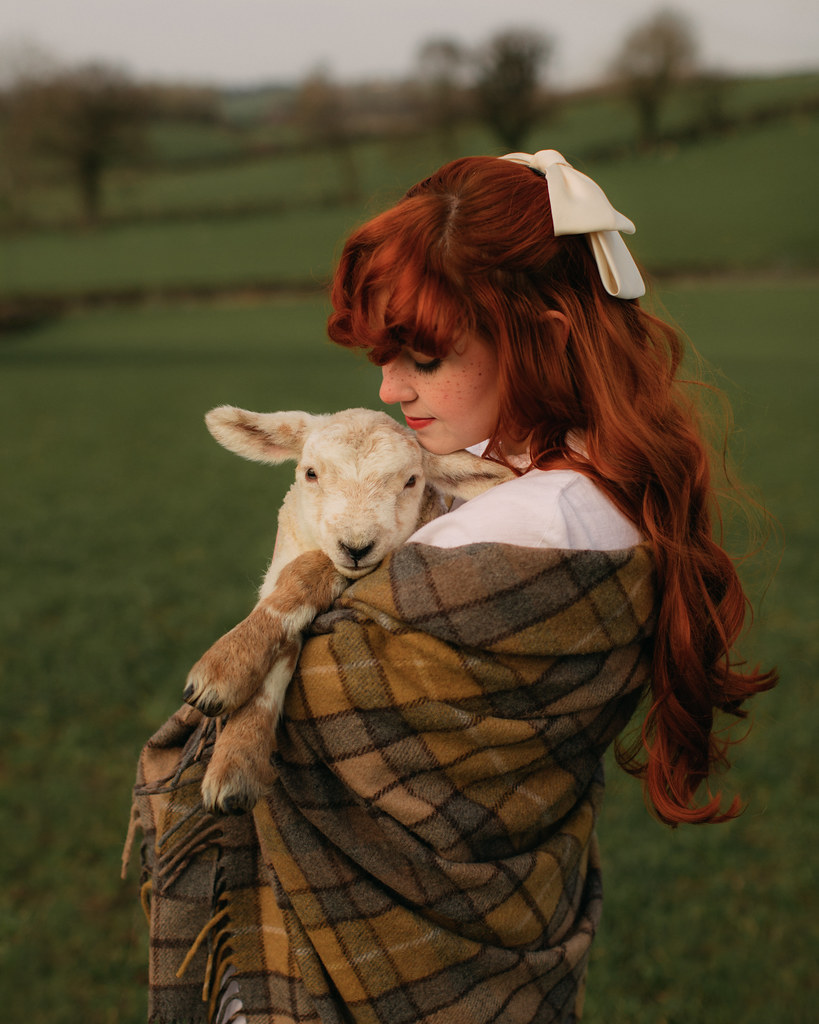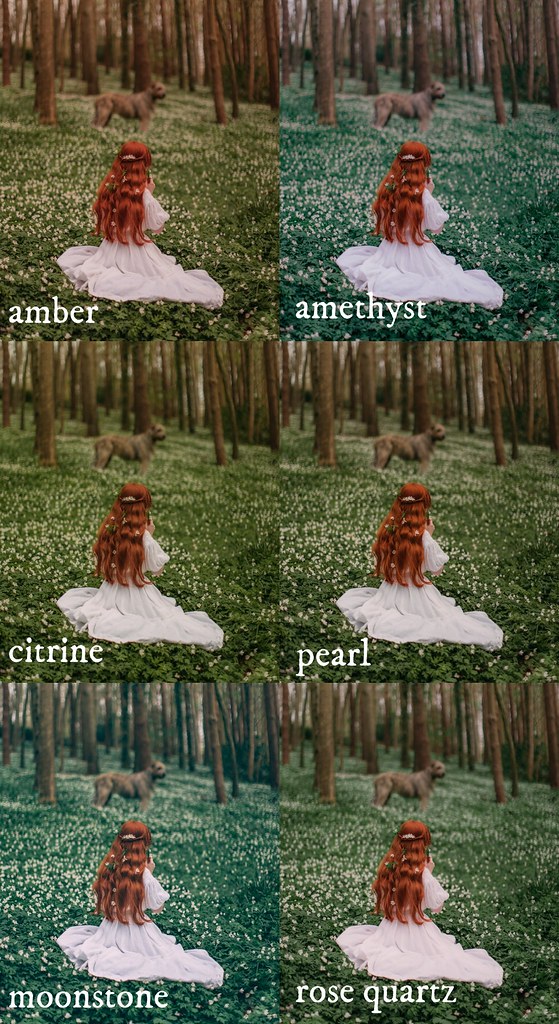

I really admire Brigitte Bardot's style in the 1950s and 60s. Although often seen as a sex symbol there's so much sweetness in even her vampiest looks--those nipped in waists, tiny sweaters, and thick slash of eyeliner is the sort of sex appeal I feel comfortable emulating myself. There's a bit of innocence in her gingham wedding dress or her innocent expressions/demeanor towards the cameras that counteracts her racy-for-the-time bikini and enviable figure. It's sexy without being too obvious (at least from this slightly more modern viewpoint, contextually it might have been much more scandalous in the 1950s). I am turning to vintage photographs of her for inspiration dressing this summer.
All of her fashion taste aside, I have many questions about her political views. She included a section in her 1999 book that led the French court to fine her; she had also been fined in 1997 for similar racist comments. I'm sure more digging into her public statements would lead to more inflammatory information that would further disillusion any fans. I'm also reminded of the oft-quoted Coco Chanel who aside from having a very exacting opinion on what made a proper woman (ironic from someone who was reshaping the feminine silhouette and fashion mode) was a Nazi sympathizer. My point in bringing up the "darker" side of these so-called icons? When can we look past these faults and still consider someone an icon and when do we write them off?
One of the most problematic points for me is merely the availability of certain knowledge. What if Brigitte Bardot had been less public in her statements or the military intelligence documents pertaining to Chanel had not been declassified? Then without this knowledge I might be able to call these women icons--full stop. Other female figures I admire might have similar skeletons in their closet that I will forever remain oblivious to. How can we name anyone an icon truly? Do we accept that everyone is flawed and learn to admire those that fall short of perfection, or do we hold people accountable for truly unacceptable shortcomings and seek idols elsewhere?
In the end, I'm leery of naming anyone an icon without certain qualifications. Such as, I like Brigitte Bardot's style but I wouldn't desire to emulate anything beyond that. I think Coco Chanel transformed fashion, but I'm not very interested in the woman behind the brand. Sometimes we have to stop at the image...
All of her fashion taste aside, I have many questions about her political views. She included a section in her 1999 book that led the French court to fine her; she had also been fined in 1997 for similar racist comments. I'm sure more digging into her public statements would lead to more inflammatory information that would further disillusion any fans. I'm also reminded of the oft-quoted Coco Chanel who aside from having a very exacting opinion on what made a proper woman (ironic from someone who was reshaping the feminine silhouette and fashion mode) was a Nazi sympathizer. My point in bringing up the "darker" side of these so-called icons? When can we look past these faults and still consider someone an icon and when do we write them off?
One of the most problematic points for me is merely the availability of certain knowledge. What if Brigitte Bardot had been less public in her statements or the military intelligence documents pertaining to Chanel had not been declassified? Then without this knowledge I might be able to call these women icons--full stop. Other female figures I admire might have similar skeletons in their closet that I will forever remain oblivious to. How can we name anyone an icon truly? Do we accept that everyone is flawed and learn to admire those that fall short of perfection, or do we hold people accountable for truly unacceptable shortcomings and seek idols elsewhere?
In the end, I'm leery of naming anyone an icon without certain qualifications. Such as, I like Brigitte Bardot's style but I wouldn't desire to emulate anything beyond that. I think Coco Chanel transformed fashion, but I'm not very interested in the woman behind the brand. Sometimes we have to stop at the image...





CONVERSATION